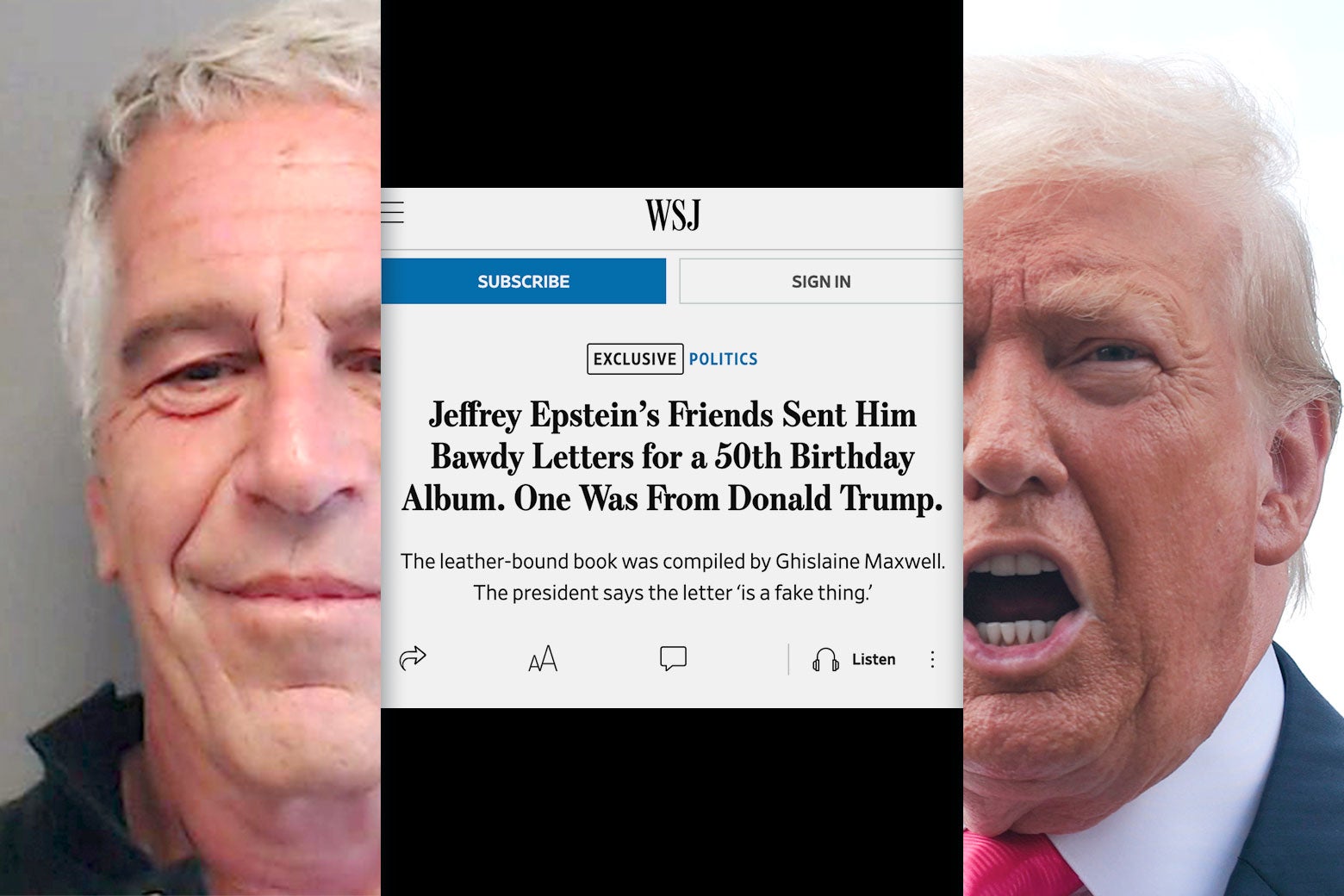
"Trump's $10 billion libel lawsuit against the Wall Street Journal comes after the publication released details about his relationship with Jeffrey Epstein."
"Trump's legal strategy differs significantly from his previous suit against CBS, relying on libel laws rather than deceptive business practices."
"The burden of proof for libel plaintiffs requires them to show actual malice; thus, Trump's chances of winning against the Journal appear slim."
"The current legal landscape indicates that proving the Journal's reporting was false or that they acted with reckless disregard is crucial for Trump’s libel claim."
Donald Trump's $10 billion libel lawsuit against the Wall Street Journal pertains to the paper's article on his ties to Jeffrey Epstein. Unlike his previous suit against CBS, which involved deceptive business practices, this suit is rooted in libel laws concerning actual malice. Trump's claims rest on denying authorship of certain materials attributed to him. Given the legal burden of proving malice, his likelihood of success appears limited. If the Journal's reporting is accurate, they may avoid liability due to the legal protections surrounding truthful reporting.
Read at Slate Magazine
Unable to calculate read time
Collection
[
|
...
]